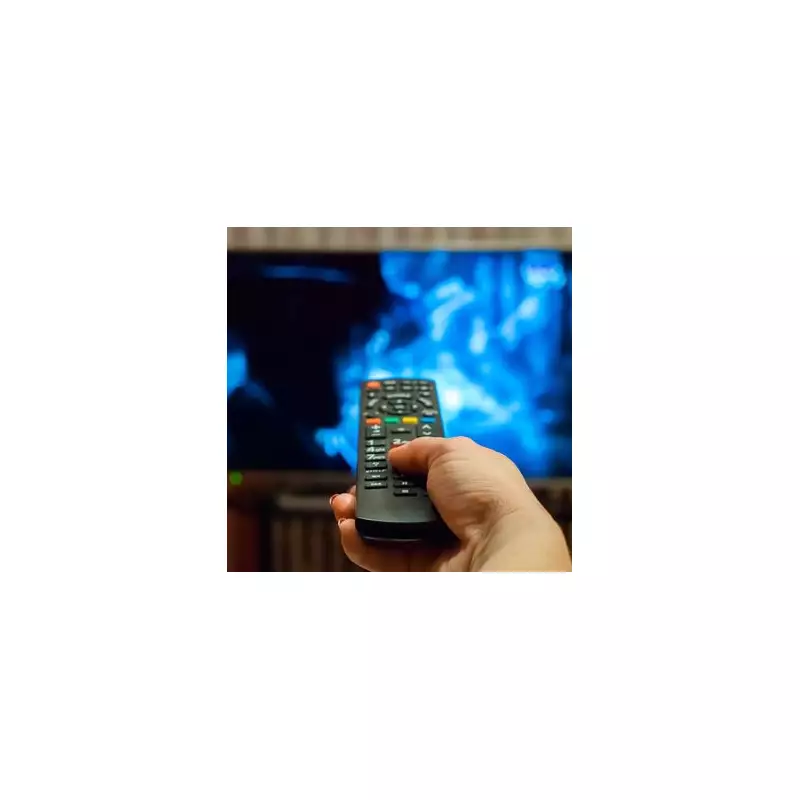
A looming threat of a television blackout hangs over millions of British households, as a major overhaul of the UK's airwaves could render older TVs and set-top boxes obsolete.
The communications regulator, Ofcom, is planning to repurpose the frequencies currently used for Freeview to make way for the rapid expansion of 5G mobile broadband and new broadband services for homes. This technical shift, while boosting mobile connectivity, has a significant downside for traditional television viewers.
Which Channels Are on the Chopping Block?
This isn't a minor adjustment. The changes could see popular channels completely disappear from Freeview line-ups across the country. Viewers risk losing access to:
- BBC Four
- Film4
- Dave
- Yesterday
- And a host of other digital channels
These channels are broadcast on the 600 MHz frequency band, which is precisely the spectrum being reallocated for new mobile services.
Who Is Most at Risk?
The impact will not be felt equally. The households in the greatest danger of losing their television signal are those that:
- Receive their TV signal through an aerial.
- Own older television sets or set-top boxes that cannot be retuned to the new frequencies.
- Live in areas where the signal is already weaker.
Essentially, if you rely on a traditional aerial on your roof and have an older setup, your viewing habits are set for an unwelcome interruption.
Why Is This Happening?
Ofcom is forging ahead with its plan to "clear the 600 MHz band" to meet the soaring demand for mobile data and next-generation wireless services. The regulator argues that this move is essential for the UK's digital future, ensuring faster mobile speeds and improved broadband access in rural areas.
However, this progress comes at a direct cost to the terrestrial TV network, which has been a staple in British homes for decades.
What Can Viewers Do?
There is a solution, but it may involve spending money. Many modern televisions and set-top boxes purchased in the last few years should be compatible with the new frequencies. The first step for any worried viewer is to try a manual retune of their Freeview equipment.
If retuning doesn't work, it may be a sign that your equipment is too old and cannot process the new signal. In this case, you may be faced with the choice of upgrading your TV or set-top box, or switching to an alternative platform like Freesat, Sky, or a streaming service to continue receiving your favourite channels.
With the changes already underway, viewers are advised to check their equipment sooner rather than later to avoid suddenly finding their screen going blank.





